General Health
Flaxseeds to Chia Seeds: Five Healthy Seeds Everyone Should Eat Daily
4 min read
By Apollo 24|7, Published on - 24 June 2022, Updated on - 07 August 2024
Share this article
0
0 like

Good things come in small packages. Just like seeds! These small but powerful kernels are exceptionally rich sources of key nutrients and antioxidants. Besides their impressive nutritional profile, seeds are also known to protect against the risk of certain diseases. The article explores the health benefits of 5 commonly consumed nutritious seeds in detail below. 
Five Seeds Beneficial For Health
1. Flaxseeds
Flaxseed is a versatile ingredient that is loaded with nutrients, including protein, fibre, omega-3 fatty acids, thiamine, copper, and beneficial plant compounds. According to research, these seeds may help reduce the risk of heart disease, protect against colon, skin, blood, and lung cancer, improve digestive health, lower cholesterol levels, stabilize blood glucose levels, and decrease blood pressure. Being a versatile food ingredient, you can add it to yoghurt, buttermilk, cereals, fresh salad, protein shake, baked goods, and numerous other foods. However, you should grind flax seeds before consumption for better absorption of nutrients.
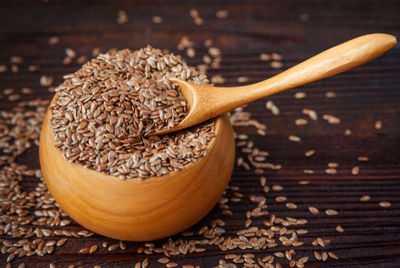
2. Chia Seeds
The tiny black and white seeds are a powerhouse of nutrition. Chia seeds are an excellent source of various nutrients such as protein, omega-3 fatty acids, fibre, calcium, iron, magnesium, phosphorus, zinc, vitamin B1 and B3, antioxidants, and various plant compounds. Chia seeds may help support weight loss, improve heart health, reduce inflammation, and aid blood sugar management. The seeds can be soaked in milk or juice, mixed in the muffin batter, or sprinkled on oatmeal, smoothies, and energy bars.
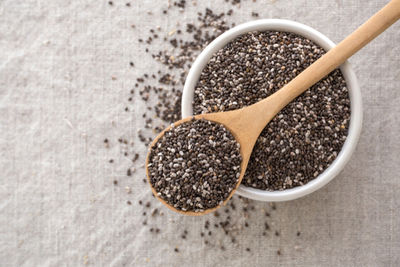
3. Pumpkin Seeds
The green-coloured seeds are highly nutritious as eating only a small serving can offer you substantial amounts of key micronutrients, including magnesium, manganese, phosphorus, vitamin K, iron, zinc, and copper. Regular intake of pumpkin seeds is known to help support heart health, reduce blood sugar levels, improve sperm quality and fertility, and promote good sleep. Being a rich source of antioxidants and anti-inflammatory compounds, pumpkin seeds are also believed to help protect against several types of cancers. Besides their impressive health benefits, pumpkin seeds are also very easy to add to the diet.
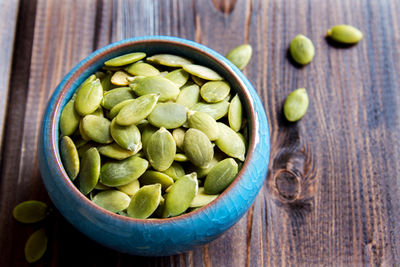
4. Sunflower Seeds
Known for their delectable nutty flavour, sunflower seeds are a rich source of vitamin E, copper, manganese, selenium, and various other plant compounds, including phenolic acids and flavonoids. Studies have found a strong link between intake of sunflower seeds and reduced risk of chronic diseases such as inflammation, high blood pressure, type 2 diabetes, heart disease, and even cancer. You can eat raw seeds as a snack, sprinkle them on a leafy green salad, add them to a trail mix, or baked bread and muffins.
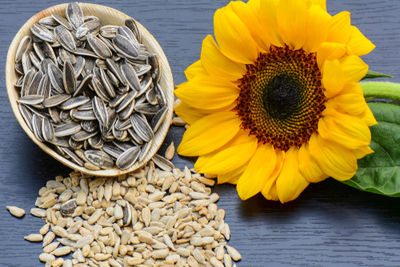
5. Hemp Seeds
Also known as hemp hearts, these seeds are technically a nut. They are sourced from Cannabis sativa, a plant that belongs to the same species as marijuana. However, hemp seeds contain only trace amounts of THC (tetrahydrocannabinol), the main psychoactive compound found in marijuana. The seeds are an excellent source of healthy fats, protein, vitamin E, phosphorus, potassium, magnesium, iron, sulfur, and calcium. All these nutrients offer significant health benefits, including reduced risk of heart disease, relief from skin conditions (eczema), better digestion, and improved symptoms of premenstrual syndrome and menopause. You can incorporate hemp seeds into your diet by sprinkling them on cereal, smoothies, or on salad.
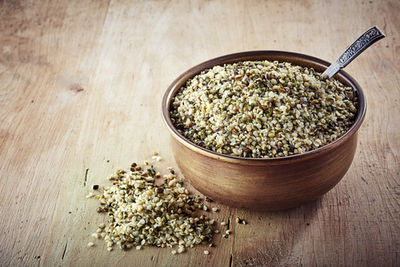
How many seeds should we eat on a daily basis?
Dr Priyanka Rohatgi, a dietician associated with Apollo 24|7, states that “You can combine and roast pumpkin, muskmelon, watermelon, and sunflower seeds together and consume not more than 15 grams (3 tsp) of the total mixture per day. Excess consumption of these seeds may result in bloating and affect the absorption of other nutrients. 5 grams of water-soaked chia seeds can be consumed regularly. Since flax seeds are nutty and chewy, you can dry roast them separately and consume up to 5 grams of them per day. A total of 20 to 25 grams of all seeds can be consumed per day.”
Seeds are a powerful source of plant-based nutrients and compounds. When consumed as part of a healthy diet, seeds can provide numerous health benefits. However, you should eat seeds in moderation as they are high in calories. You should also limit your consumption of seeds if you have diverticulitis as high intake can worsen the condition.
Need more information?
General Health
Leave Comment
Recommended for you

General Health
Influenza: Symptoms, Causes, Treatment, Prevention
Learn about influenza, including its symptoms, prevention strategies and treatment options. Stay informed and protect yourself from the seasonal flu.

General Health
FAQs on Vitamin D, the Sunshine Vitamin
The skin contains the precursor of vitamin D, which gets activated on getting exposed to the ultraviolet (UV) rays of the sun.
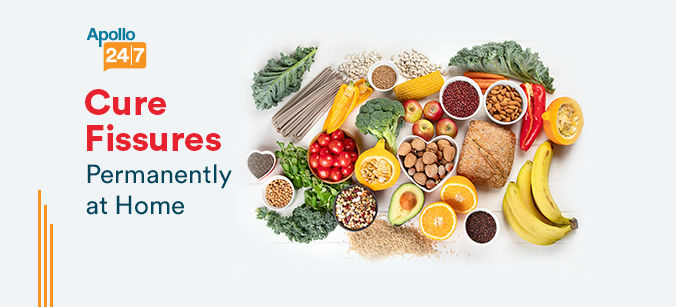
General Health
Home Remedies To Cure Anal Fissures Permanently
Anal fissures are a common problem that occurs due to constipation and passing of hard stools. However, the concern is how long do fissures take to heal? And can anal fissures heal on their own?
Subscribe
Sign up for our free Health Library Daily Newsletter
Get doctor-approved health tips, news, and more.
Visual Stories

The Best Exercises for Controlling Blood Sugar Levels
Tap to continue exploring
Recommended for you

General Health
Influenza: Symptoms, Causes, Treatment, Prevention
Learn about influenza, including its symptoms, prevention strategies and treatment options. Stay informed and protect yourself from the seasonal flu.

General Health
FAQs on Vitamin D, the Sunshine Vitamin
The skin contains the precursor of vitamin D, which gets activated on getting exposed to the ultraviolet (UV) rays of the sun.

General Health
Home Remedies To Cure Anal Fissures Permanently
Anal fissures are a common problem that occurs due to constipation and passing of hard stools. However, the concern is how long do fissures take to heal? And can anal fissures heal on their own?